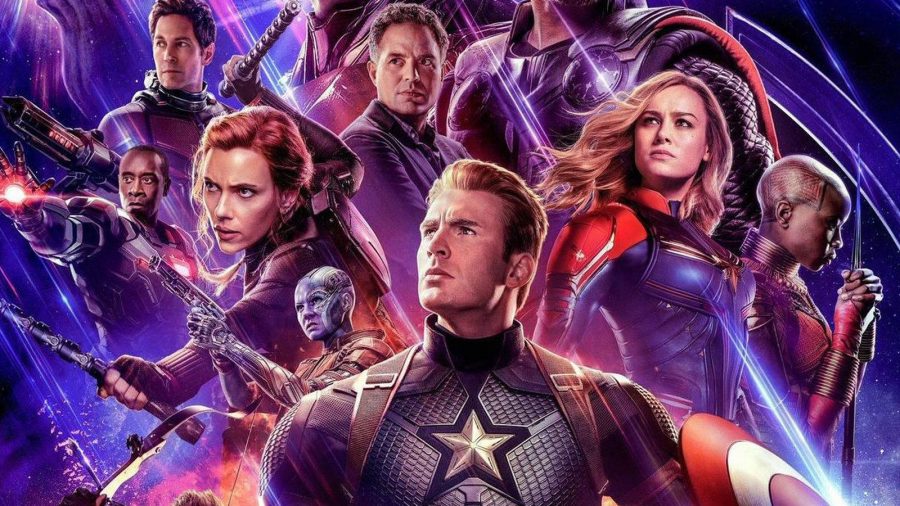The Russo brothers’ finale to the first 11 years of the Marvel saga is an astonishingly emotional venture into themes of love and loss.
Endgame kicks off right where you expect it to. Thanos (Josh Brolin) has completed his goal of eliminating half of the universe’s entire population with a single snap of his stone-filled golden glove, and with Tony Stark (Robert Downey, Jr.) and Nebula (Karren Gillan) adrift in space, the remaining Avengers are morally broken.
Of course, many of your favourites are still alive after the great snap: Captain America (Chris Evans), Thor (Chris Hemsworth), Captain Marvel (Brie Larson), Black Widow (Scarlett Johansson), Bruce Banner (Mark Ruffalo) and a plethora of others. However, none of which act or represent a working team like they once did in Age of Ultron or even to the same extent as in Civil War.
And that was important. The movie needs to make the audience feel overburdened with grief, so much so that you could be among the team themselves – and in this case, the Russos hit it out of the park.
Audiences across the world have had an entire year to mourn the loss of characters such as Spider-Man (Tom Holland), Black Panther (Chadwick Boseman) and Gamora (Zoe Saldana), and with this comes the entertaining fan theories. Will the characters venture inside the soul stone to revive the dead? Or will they use time travel?
All of which leads to this idea that Endgame and Infinity War have set up a narrative so rich with surprises and a sense of wonder that audiences will constantly be guessing and on the edge of their seats.
Therefore, expect to have your jaw on the floor since this Marvel film is the most expansive and experimental yet. It attempts to seamlessly blend and provide emotional catharsis for long time fans of the cinematic universe while also keeping what makes the movies themselves fun and light-hearted: the action and humour.
But one thing is for sure: Endgame clearly shifts its appeal from awe-inspiring spectacles of big universe-saving battles – though they are present – to one that looks at the cost of many of the characters’ heroism and also the burden of personal sacrifice for the good of the galaxy.
If Endgame had to be criticised in some way, it’s that it lacks the unique direction that Infinity War took: the focus on Thanos as the expertly-crafted ultimatum to the Avengers saga. Infinity War as a motion picture strived to do more – it was very much a villain origin story in a form of entertainment with an abundance of the hero equivalent. This allowed for a fresh take on the formula, and while it isn’t present in Endgame, the tried-and-tested formula of the narrative following the heroes still works admirably and is efficient in telling a cohesive narrative.
When you look at Avengers: Endgame, you not only see a great spectacle of cinematic fight scenes that overrule everything we’ve seen before, but you more so acknowledge the touching moments – the ones that make you see each and every character’s burden of having the duty of saving the universe.
With that being said, it is evident that Endgame is the pinnacle of fan-service follow ups when it comes to the big screen and shows that super-hero movies are more than just big blockbuster, popcorn-chomping action flicks.
By Joe Smalley


Well done, very accurate analysis of it.